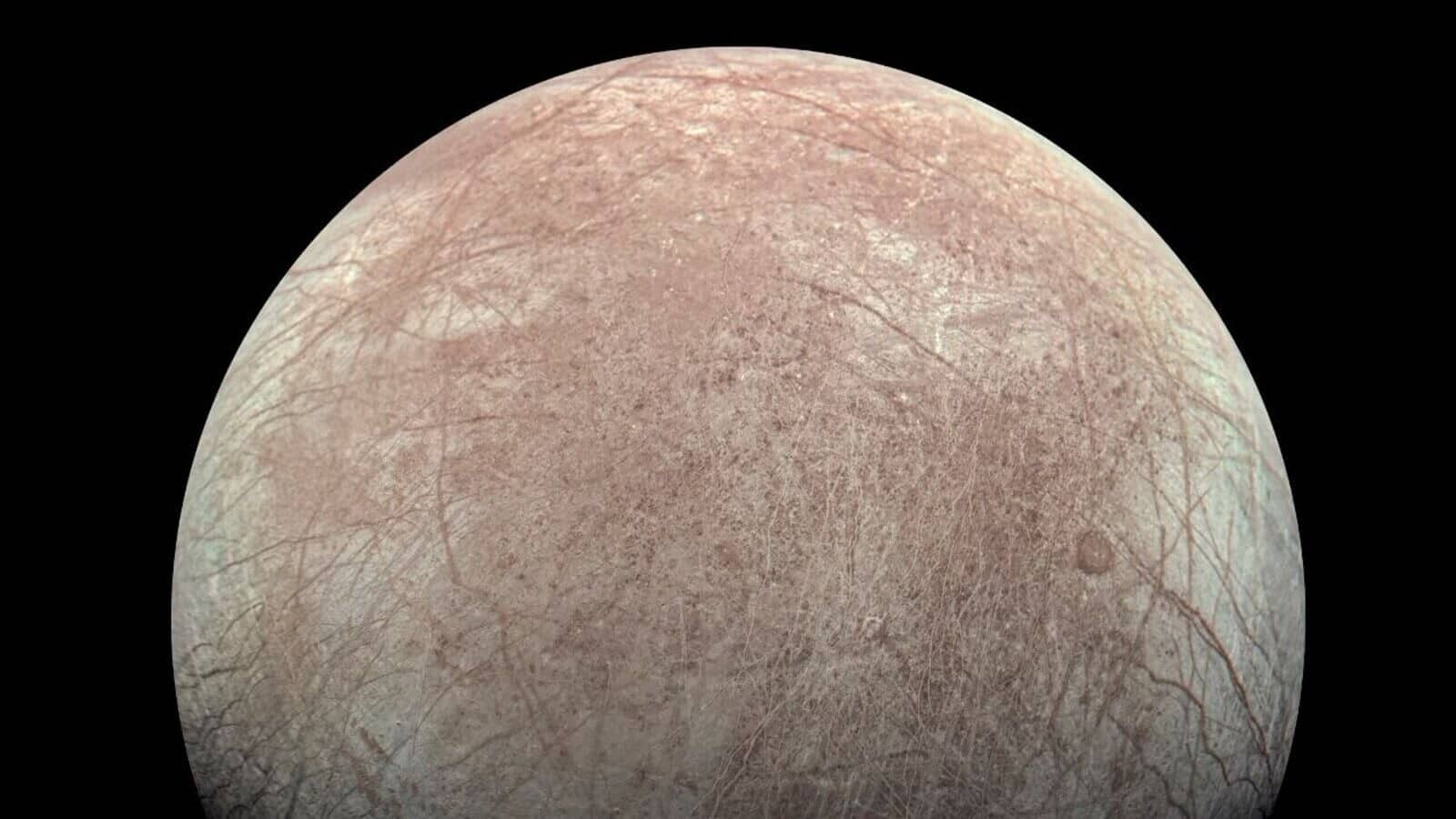
NASA approves mission to explore world 'potentially habitable today'
What's the story
NASA's ambitious Europa Clipper mission is set to launch in October, following a successful review of the spacecraft. The project aims to explore Jupiter's moon, Europa, which is considered a potential location for extraterrestrial life. Despite earlier concerns about potential transistor issues with the spacecraft, thorough assessments at three key sites have confirmed its readiness for launch.
Successful assessment
Europa Clipper passes critical review
The Europa Clipper spacecraft has successfully passed a crucial review, keeping it on track for its scheduled launch around October 10. The mission team conducted extensive assessments of the spacecraft's transistors over four months at NASA's Jet Propulsion Laboratory in California, Johns Hopkins University in Maryland, and NASA's Goddard Space Flight Center. These tests were completed on time, preventing a potential delay of over a year for the exploration mission.
Mission details
Europa Clipper's scientific tools and mission objectives
The Europa Clipper is equipped with 10 scientific instruments designed to probe the possibility of life beneath Europa's icy surface. Despite earlier concerns, the spacecraft has now been cleared for launch without any changes to its objectives or trajectory. Nicola Fox, associate administrator for NASA's Science Mission Directorate, expressed satisfaction with the review results, stating that they "unequivocally passed that review today."
Radiation challenge
Jupiter's radiation and its impact on the mission
Jupiter, the largest planet in our solar system, has a magnetic field significantly stronger than Earth's. This field captures charged particles and accelerates them, creating intense radiation that constantly bombards Europa and its neighboring moons. As a result, spacecraft headed for Jupiter must be equipped with specially shielded electronics to endure this radiation.
Mission significance
Europa Clipper's mission significance
Curt Niebur, program scientist for the Europa Clipper, emphasized the importance of this mission. He stated that it offers an opportunity to explore not just a world that might have been habitable billions of years ago, but one that could potentially support life today. This underscores NASA's commitment to investigating the possibility of extraterrestrial life and finding new locations for human habitation within our solar system.